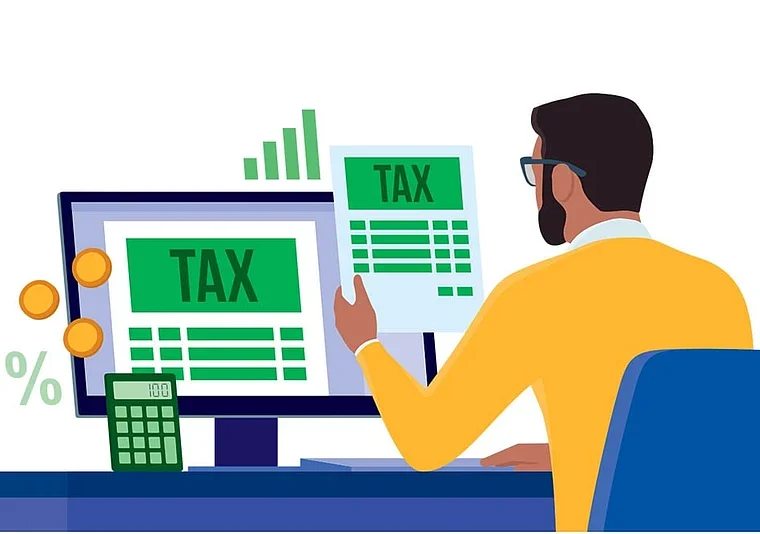Tax planning when changing jobs in India is crucial for salaried individuals to manage tax liabilities and ensure compliance under the Income Tax Act, 1961. Job transitions require careful tax handling. How can you plan taxes effectively during a job change? Let’s break it down.
Collect and Combine All Form 16s:
Whenever you change jobs, your previous employer issues a Form 16, summarizing your salary and TDS (Tax Deducted at Source) for that period. If you have switched jobs within the same financial year, you will receive multiple Form 16s. It’s essential to combine these when filing your Income Tax Return (ITR). If not, you might underreport your income or miss some deductions, leading to notices or penalties.
For example, suppose your first employer deducted TDS based on the old tax regime, but the second one switched to the new regime. You’ll need to consolidate both for accurate reporting. This is a crucial step in efficient tax planning.
Transfer or Withdraw EPF Carefully:
One of the most overlooked parts of tax planning in India during a job change is handling the Employees’ Provident Fund (EPF). You have two choices: withdraw or transfer. However, EPF withdrawals before 5 years of continuous service are taxable. So, transferring your EPF to the new employer is usually the smarter, tax-free option. You can do this easily via the EPFO portal using your UAN.
Moreover, as per Economic Times (2024), interest earned on EPF contributions above ₹2.5 lakh per annum is taxable. So, track your contributions and interest carefully.
Adjust Tax Regime and Reassess Deductions:
Since FY 2023-24, the new tax regime is the default unless you opt out. If you changed jobs mid-year, your new employer might continue with the regime selected earlier — unless you inform them. Therefore, reassess your tax regime choice. If you’re switching to the old regime, ensure you invest in instruments like:
- Public Provident Fund (PPF)
- Equity-Linked Savings Scheme (ELSS)
- National Pension System (NPS)
These qualify for Section 80C deductions. Under the new regime, these deductions don’t apply, but lower tax slabs may still benefit some.
Don’t Ignore Final Settlements and Tax Projections:
Your final settlement from the previous employer includes pending bonuses, leave encashments, and other dues. These are taxable in the year received, not earned. Be sure to include these while projecting your annual income.
Otherwise, you may underpay your advance tax — triggering interest under Sections 234B and 234C of the Income Tax Act. In addition, if you’ve received stock options or ESOPs from your former or current employer, factor those into your capital gains planning.
Conclusion:
Changing jobs can offer great opportunities — just don’t let tax slip-ups ruin the ride. Smart tax planning in India helps you avoid penalties, claim all rightful deductions, and stay compliant. Ready to manage your taxes during a job switch? Explore more financial insights now!
– Ketaki Dandekar (Team Arthology)
Read more about https://cleartax.in/deal-multiple-form-16 here –
